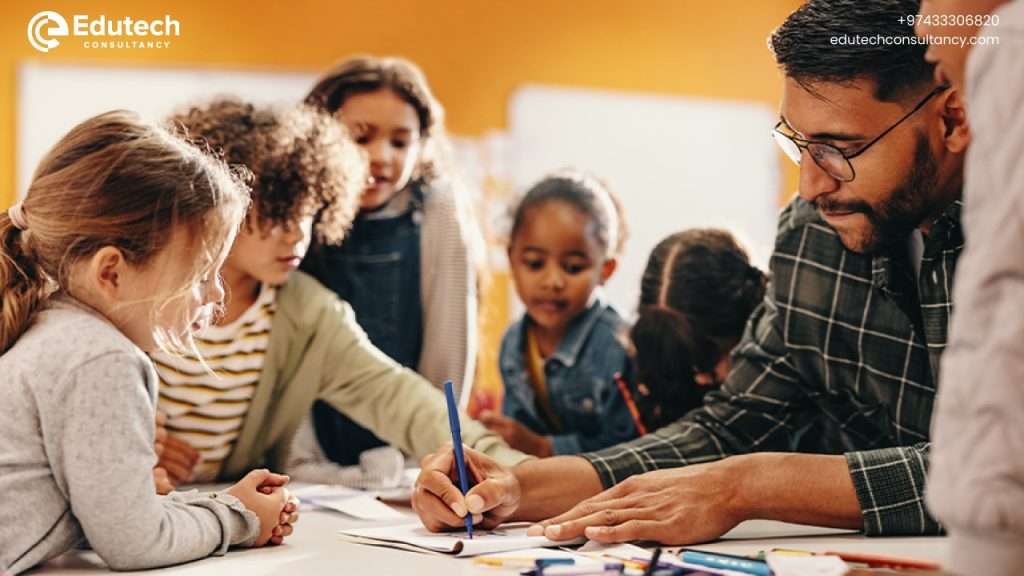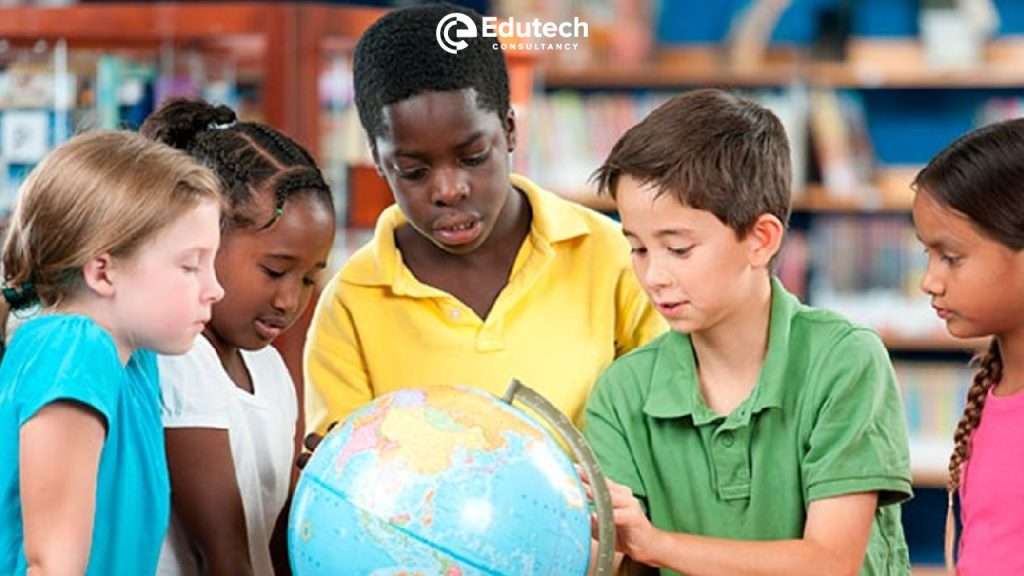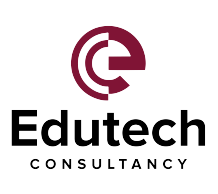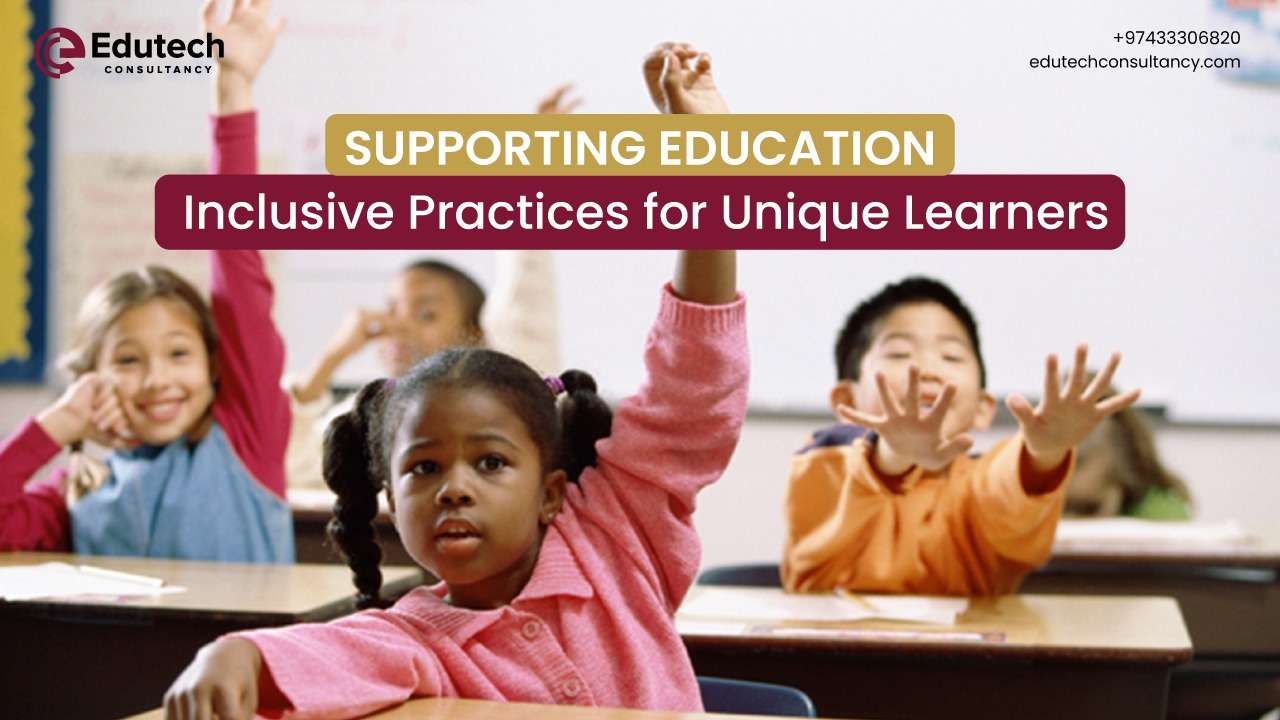Introduction
In education, the path to meaningful learning is not the same for all. Diversity in learning has extended across classrooms worldwide. It has become the cornerstone of personal and social growth. Still, this diversity poses a challenge: How do we address learners with varied abilities, interests, learning styles, and challenges? This is where Inclusion in supporting education provides the answer.
With the benefits of providing equity and accessibility, inclusion is not just about integrating students with different needs into mainstream classrooms. In its deep-rooted essence, it underlines the principles that include teaching practices, curricula, and environments. These factors accommodate all learners. Whether students with disabilities, giftedness, behavioral challenges, or other unique characteristics. Inclusive practices recognize that each student learns differently and seeks to provide opportunities for success, considering their individual needs. Inclusive teaching has rapidly evolved over time.
This blog explores practical ways educators can support unique and diverse learners in their classrooms. Let’s go through how to build classrooms where every child is heard and has an equal chance to succeed.
Why does supporting education with Inclusion matter?
Inclusive education benefits not only students with unique needs but also the entire classroom. When students are exposed to an environment with diversity, their skills in collaboration, empathy, and critical thinking bloom tremendously.
When it comes to benefits for teachers, inclusive practices give them the ability to ensure that no student is left behind. Implementing ways that address every single learner enables them to create opportunities for learning for everyone in the classroom, thus resulting in overall benefits for succeeding in a globalized world.
Here are some practices in inclusive education, with examples, to help teachers create equitable and engaging classrooms.
1. Differentiated Instructions for Supporting Education
Teaching methods that are designed to include materials and assessments to help diverse learners in the classroom is the foremost approach in supporting education with inclusion. The Differentiated Instructions methodology emphasizes addressing students’ readiness levels, interests, and learning abilities. The application can be done in various ways.

First, teachers can divide students into small groups according to their skill level. Secondly, students can be given varied assignments and asked to demonstrate their understanding. Teachers must make sure not to assign the same project to all students. Allowing children to choose topics of interest can be a beneficial strategy in implementing differentiation and accommodating various learning preferences.
2. Make Learning Accessible with Universal Design for Learning (UDL)
Universal Design for Learning (UDL) is a proven approach to ensure inclusive learning, where every student has access to meaningful educational opportunities regardless of their abilities, backgrounds, or learning styles. By embracing UDL, teachers create a flexible environment that adapts to the diverse needs of all learners.
With UDL, lessons become more engaging and accessible as teachers offer multiple ways to involve students. For instance, incorporating options like videos, hands-on activities, or discussion groups ensures that every learner can connect with the material in a way that resonates with them. Teachers can enhance inclusivity by presenting information in varied formats, such as charts, text, and storytelling. The assessment also becomes more inclusive with UDL.
By offering flexible options for students to demonstrate their learning, such as writing essays, creating presentations, or engaging in creative projects, teachers empower learners to showcase their strengths. By weaving UDL into every lesson plan, educators can nurture a learning environment where every student feels valued, supported, and capable of success, making true inclusivity a reality in the classroom.
3. Incorporate Collaborative Learning
Collaborative Learning is a powerful tool for building essential skills like communication, problem-solving, and teamwork, especially in a classroom with diverse learners. Assigning roles based on students’ strengths and preferences allows them to participate meaningfully. For instance, some students may excel as leaders, while others may prefer roles like helpers or note-takers. Teachers allow all learners to contribute effectively by recognizing and celebrating these differences.
It’s also vital to design challenges that align with students’ interests and abilities, ensuring tasks are accessible to everyone. For example, group projects can include research, creative design, and presentation functions so each student can shine in their area of strength. When collaboration is approached inclusively, it becomes a platform for students to learn from one another and grow together as confident, capable learners.
4. Supporting Education with Positive Behavioral Interventions and Supports:
This approach highlights the proactive way to challenge the learning success through positive behavior interventions and supports. Teachers must define all behavioral expectations using simple, positive language that everyone can understand. For example, phrases like “Show kindness” or “Be responsible” apply universally and create a sense of community. Additionally, augmenting them with visuals, multilingual support, or demos will ensure their accessibility for all students.
Furthermore, using verbal praise or privileges that acknowledge every student’s performance will always boost confidence in students and encourage them to continue their efforts. After thorough behavior data, teachers can find patterns and then design interventions that address the needs of all learners and learners fairly. In the long run, positive reinforcing and equitable practices with PBIS make every student feel included.
5. Culturally Responsive Teaching in Inclusion (CRT)
Culturally Responsive Teaching connects learning to various students’ cultures and lived experiences. Integrating diverse cultural perspectives into lessons helps build inclusive relationships better. Students who come across different cultural backgrounds develop a sense that their identities are respected and appreciated.

Furthermore, cultural relevance helps students become active contributors in an inclusive classroom. Teachers may facilitate discussions about history, social justice, or current events that allow students to share their perspectives. Use diverse viewpoints to help them analyze issues critically and develop empathy for others.
Conclusion: Take the Leap in Inclusion
Supporting education with inclusive practices is a necessity; it’s not an option. It develops excellence with equity in learning. When examined thoroughly, biases and expectations will successfully help educators embrace diversity in its real meaning.
Join us and learn more!
Edutech Consultancy, in collaboration with ACES in Qatar, is organizing an Exclusive Workshop on Gifted Education. This workshop is going to be the ultimate experience for teachers. It covers everything from identification of gifted students to differentiating giftedness and talents. Furthermore, participants will also know how to implement educational strategies that perfectly challenge these learners.
If you are a teacher dealing with gifted students, this workshop will address all your queries and concerns. To enroll, simply click here and be a part of the change that brings revolution with inclusion.


